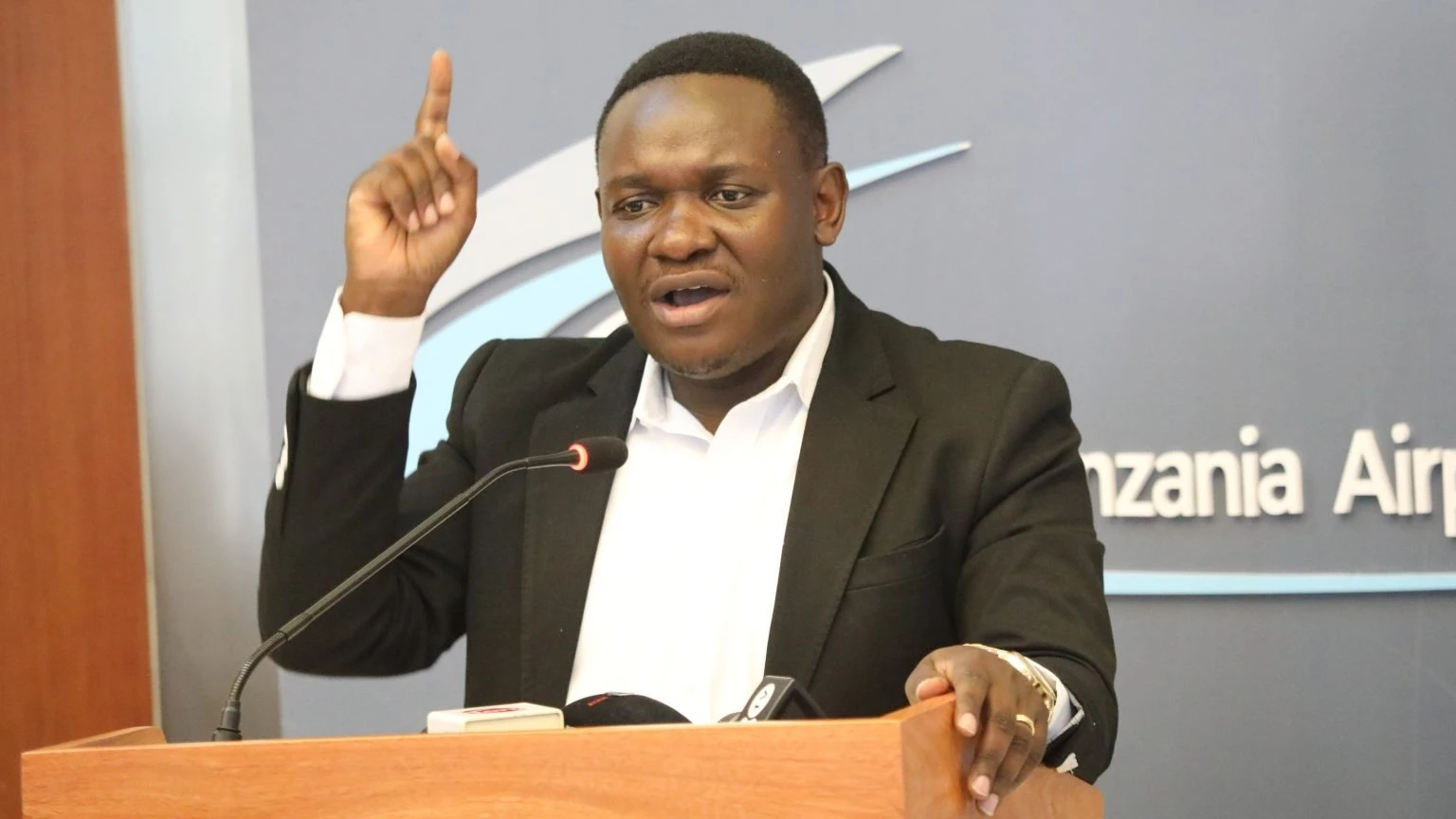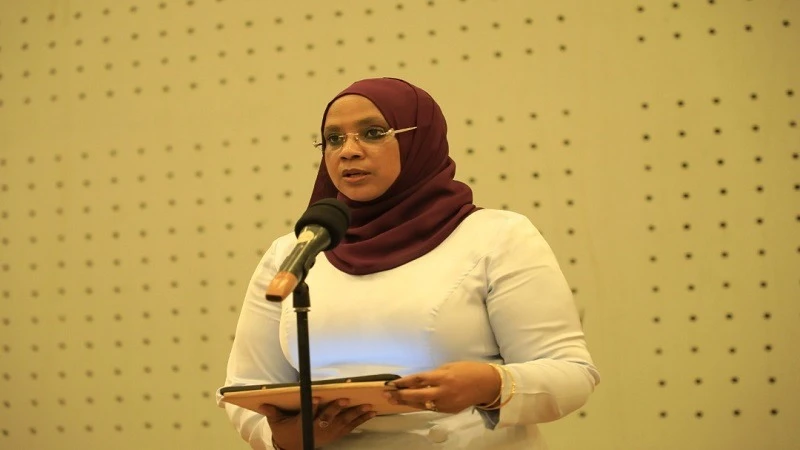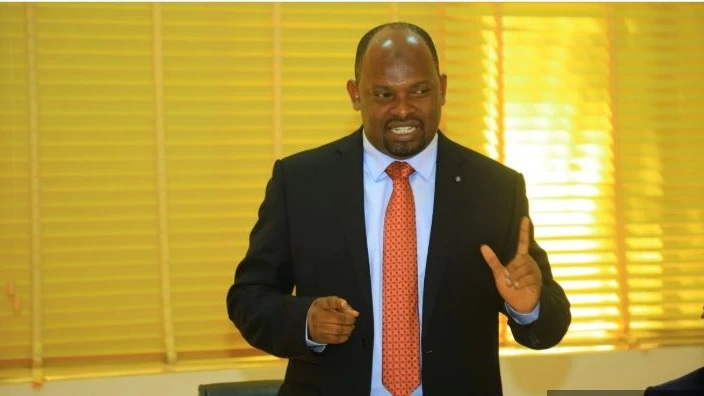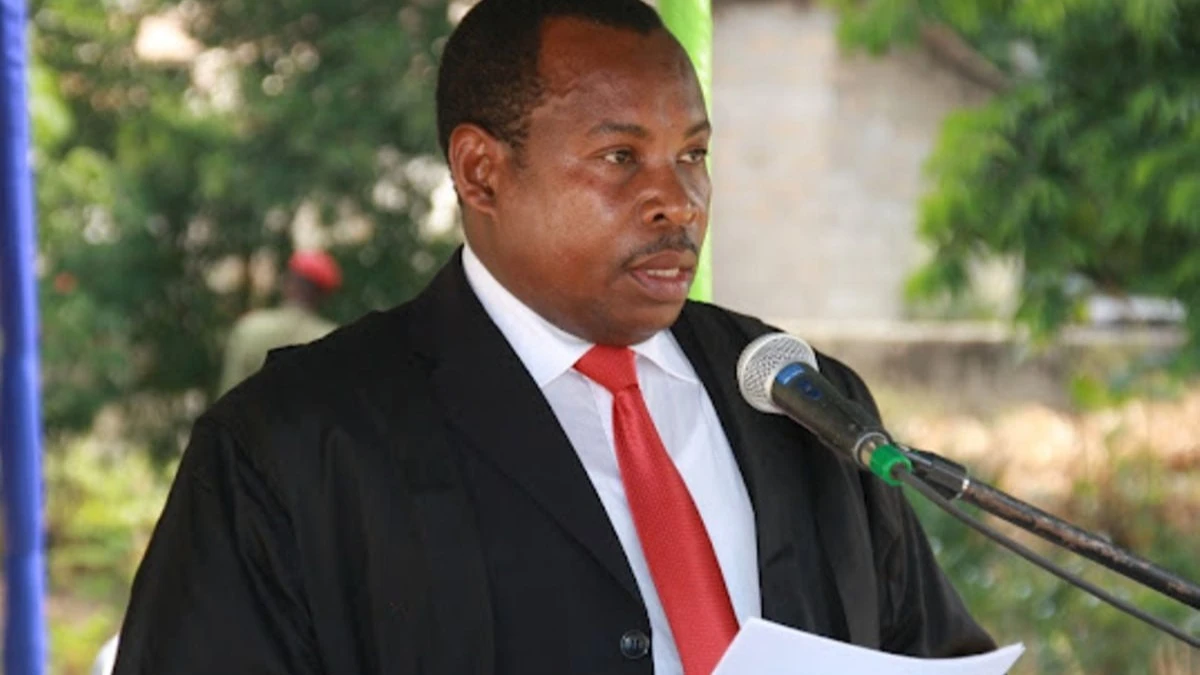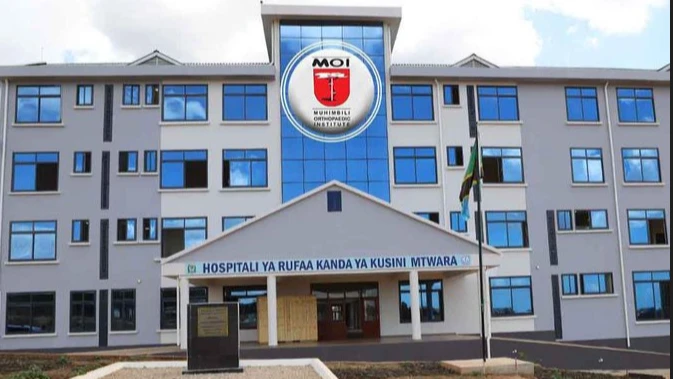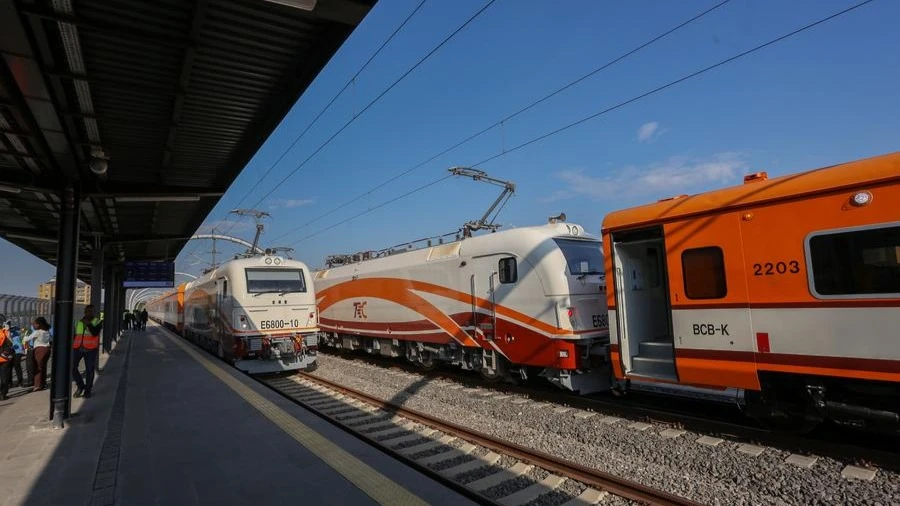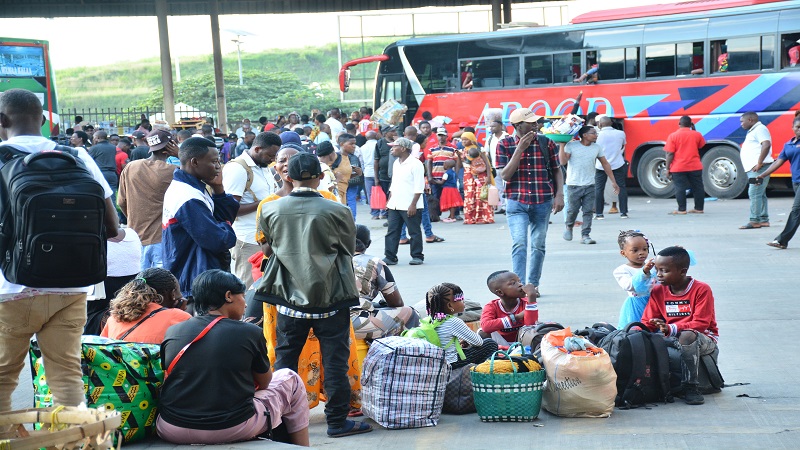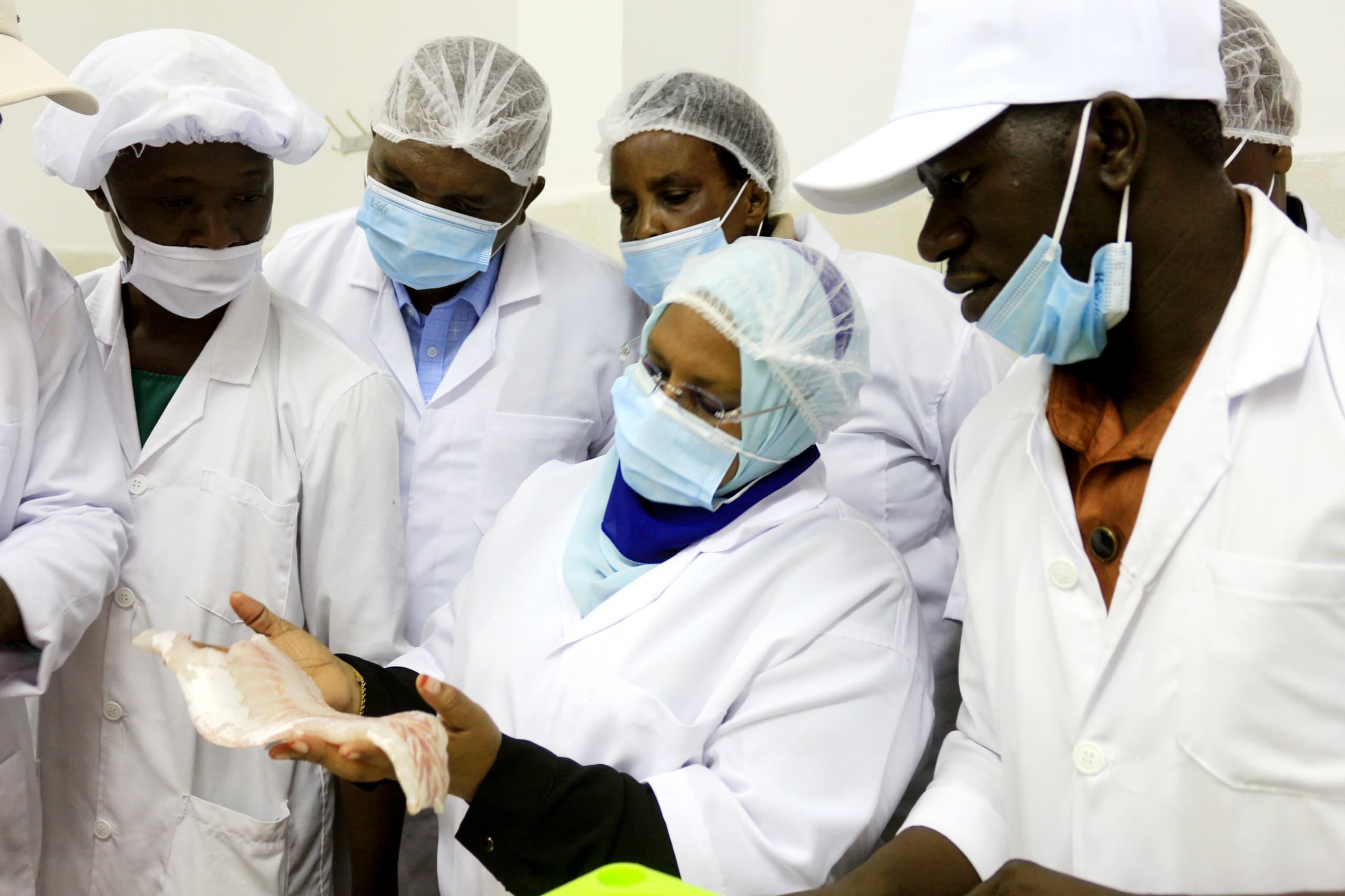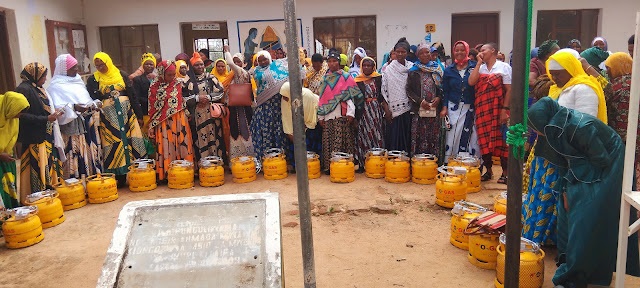‘Set out statistics, technology roadmap to aid globalisation’
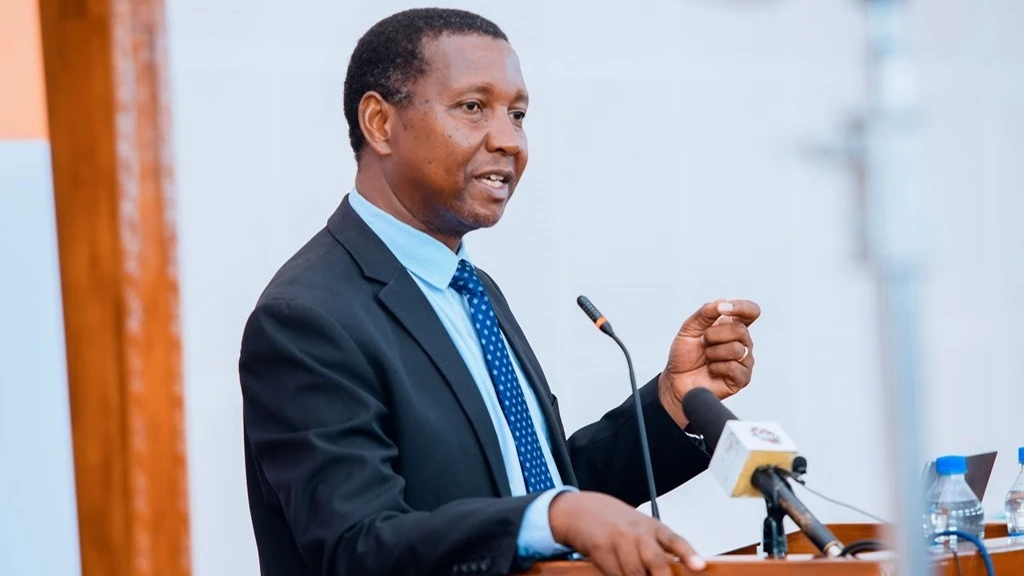
USING statistics and technology is in the course of being systematically assessed in relation to globalisation, to establish a clear roadmap meeting the needs of all groups, the government has indicated.
Prof. Adolf Mkenda, the Education, Science and Technology minister, aired this intention when opening the 12th ‘Africa evidence summit’ in Dar es Salaam yesterday, affirming that the intention is to achieve positive outcomes for development efforts for various groups.
As the country seeks robust economic growth and charts a collective vision of development for the next 25 years, investing in quality research informing policy and empowering communities will drive sustainable development, he stated.
He identified demographic trends where there are more children than youth, and more youth than elderly, “all requiring essential services for well-being. Statistics help us pinpoint areas of need," he explained.
He cautioned against neglecting demographic issues among researchers and evaluators, particularly concerning the youth bulge as it could lead to widespread unemployment and the potential for instability.
Appreciating the benefits of globalisation and technology, he stressed the importance of carefully integrating existing opportunities, like providing practical training for the youth to acquire skills useful for local and wider markets.
"Skills will empower individuals and groups to produce various items and access markets even in countries like China," he said in illustration.
He lauded the use of artificial intelligence to streamline research efforts and achieve desired results, asserting that this will be major technology input guiding African countries in their developmental pursuits.
Prof Mkenda said this year’s Summit speaks directly to key areas of Vision 2050 while continuing to grow the evidence-informed policy community on the African continent and that Tanzania will invest in efforts to promote quality research that have positive impacts in policy planning and the community.
He said the summit is an annual in-person gathering that brings together East and West African scholars, policymakers, and practitioners to discuss the latest research findings on economic development and poverty alleviation in East and West Africa.
He highlighted that the summit promotes discussion on new ways to integrate evidence into decision-making, elevate African scholars’ voices, and engage stakeholders in the process.
Carson Christiano, executive director of the Centre for Effective Global Action (CEGA) said the event is aimed to elevate the voices of African scholars in research and policy debates, Disseminate exciting new research findings and inspire new research collaborations.
"Each year, the summit has gotten bigger and more inclusive. It’s really exciting to see how many African scholars are now generating cutting-edge research and influencing policy, while the demand for evidence from policymakers, practitioners, and donors continues to grow," Christiano said.
She said the theme of this summit underscores a critical priority: the need to strengthen our scholarly foundations to ensure that evidence-based practices are deeply rooted in our unique contexts and realities. African scholars, researchers, and practitioners play a pivotal role in generating, interpreting, and applying evidence that is not only robust and credible but also relevant to the diverse and dynamic environments we serve.
Prof. Fortunata Makene, the Economic and Social Research Foundation (ESRF) Executive Director said: "This summit is not just a gathering of minds; it is a call to action.”
“During the two days, we will engage in thought-provoking dialogues, interactive workshops, and collaborative sessions aimed at exploring new avenues for bolstering African scholarship. We will examine how we can better support our researchers, foster interdisciplinary collaborations, and create enabling environments that allow evidence to thrive and drive impactful change."
Prof. Makene underscored that the conference provides African nations with an opportunity to discuss pertinent issues, enhance research, and benefit their citizens.
She highlighted collaboration among stakeholders to share research findings and enhance infrastructure in sectors like education and agriculture.
"With a programme of research presentations and policy panels tuned to the needs of Tanzanian leaders, the Summit promises to help align evidence, policy, and practice in support of sustained social and economic prosperity," she said.
Prof. Edward Miguel, founder and faculty director of CEGA emphasized their inclusive research approach which considers all segments of society, including people with disabilities, to address their needs and improve infrastructure in education and agriculture.
The two-day summit was organized collaboratively by the Network of Impact Evaluation Researchers in Africa (NIERA), an association of African scholars that advances decision-focused impact evaluation of development programmes, ESRF and CEGA, a research hub at the University of California, Berkeley that generates innovative evidence decision-makers use to reduce global poverty.
Top Headlines
© 2024 IPPMEDIA.COM. ALL RIGHTS RESERVED








